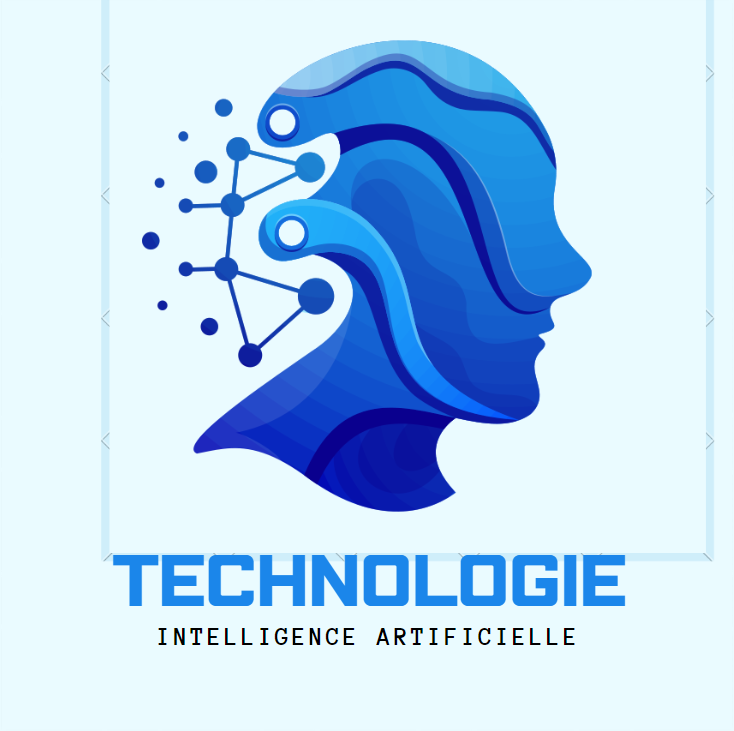The role of artificial intelligence in companies
In the rapidly evolving landscape of modern business, Artificial Intelligence (AI) has emerged as a transformative force, reshaping industries, revolutionizing processes, and redefining the way companies operate. At its core, AI refers to the simulation of human intelligence in machines, enabling them to learn from data, adapt to new information, and perform tasks that traditionally required human intelligence.
Across sectors and domains, companies are harnessing the power of AI to drive innovation, enhance efficiency, and unlock new opportunities for growth. From automating repetitive tasks to augmenting decision-making processes, AI technologies are permeating every facet of business operations, fundamentally altering the way organizations interact with customers, manage resources, and navigate competitive landscapes.
why is IA important in business?
Artificial Intelligence (AI) is important in business for several reasons:
- Enhanced Efficiency: AI-powered automation streamlines workflows, automates repetitive tasks, and optimizes processes, leading to increased efficiency and productivity. This allows employees to focus on more strategic and creative aspects of their work.
- Data Analysis and Insights: AI algorithms can analyze large volumes of data quickly and accurately, extracting valuable insights that drive informed decision-making. This enables businesses to better understand their customers, market trends, and operational performance.
- Personalization and Customer Experience: AI enables businesses to deliver personalized experiences to customers through recommendation systems, targeted marketing campaigns, and customized products or services. This improves customer satisfaction and loyalty, leading to increased retention and revenue.
- Predictive Capabilities: AI-based predictive analytics help businesses anticipate future trends, behaviors, and events, enabling proactive decision-making and risk mitigation. This includes predicting customer preferences, market fluctuations, and equipment failures.
- Innovation and Product Development: AI accelerates the pace of innovation by facilitating tasks such as predictive modeling, natural language processing, and computer vision. This enables businesses to develop new products, services, and solutions that meet evolving customer needs and market demands.
- Competitive Advantage: Businesses that leverage AI effectively gain a competitive edge by responding quickly to market changes, optimizing operations, and delivering superior customer experiences. AI enables companies to stay ahead of competitors and drive growth in dynamic and competitive markets.
- Cost Reduction: AI-driven automation and optimization help businesses reduce operational costs by eliminating manual labor, minimizing errors, and optimizing resource allocation. This improves profitability and enables companies to invest in strategic initiatives and growth opportunities.
- Risk Management and Fraud Detection: AI-powered algorithms analyze data to identify potential risks, anomalies, and fraudulent activities. This enhances security measures, reduces financial losses, and protects businesses from reputational damage.
Overall, AI is essential for businesses looking to stay competitive and thrive in today's digital economy. By harnessing the power of AI, companies can unlock new opportunities, drive innovation, and achieve sustainable growth.
How can I learn more about AI?
To learn more about Artificial Intelligence (AI), you can explore various resources and avenues, including:
- Online Courses: Platforms like Coursera, Udacity, and edX offer comprehensive AI courses taught by leading experts in the field. These courses cover topics ranging from machine learning and deep learning to natural language processing and computer vision.
- Books: There are numerous books available on AI that cater to different levels of expertise, from beginners to advanced practitioners.
- Tutorials and Documentation: Explore online tutorials, guides, and documentation provided by AI libraries and frameworks such as TensorFlow, PyTorch, and scikit-learn. These resources often include hands-on exercises and examples to help you learn practical skills.
- Online Communities and Forums: Join online communities and forums dedicated to AI, such as Reddit's r/MachineLearning and Stack Overflow. Engaging with other learners and experts in these communities can help you ask questions, share insights, and stay updated on the latest developments in the field.
- University Courses and Lectures: Many universities offer AI courses as part of their computer science or engineering programs. You can access lecture materials, assignments, and video recordings of these courses through platforms like YouTube, MIT OpenCourseWare, and Stanford Online.
- Practical Projects: Undertake practical AI projects to apply your knowledge and skills in real-world scenarios. This could involve working on Kaggle competitions, building AI-powered applications, or contributing to open-source projects.
- Workshops and Conferences: Attend workshops, seminars, and conferences on AI to learn from industry experts, network with professionals, and stay updated on the latest research and trends in the field.
By combining these resources and approaches, you can embark on a rewarding journey to deepen your understanding of AI and develop practical skills to tackle real-world challenges.
In conclusion, the employment of Artificial Intelligence (AI) in companies presents a transformative opportunity to revolutionize operations, drive innovation, and gain a competitive edge in today's fast-paced business environment. By harnessing the power of AI, businesses can streamline processes, optimize decision-making, and enhance customer experiences, ultimately leading to increased efficiency, profitability, and growth.
التسميات
Blogger section

